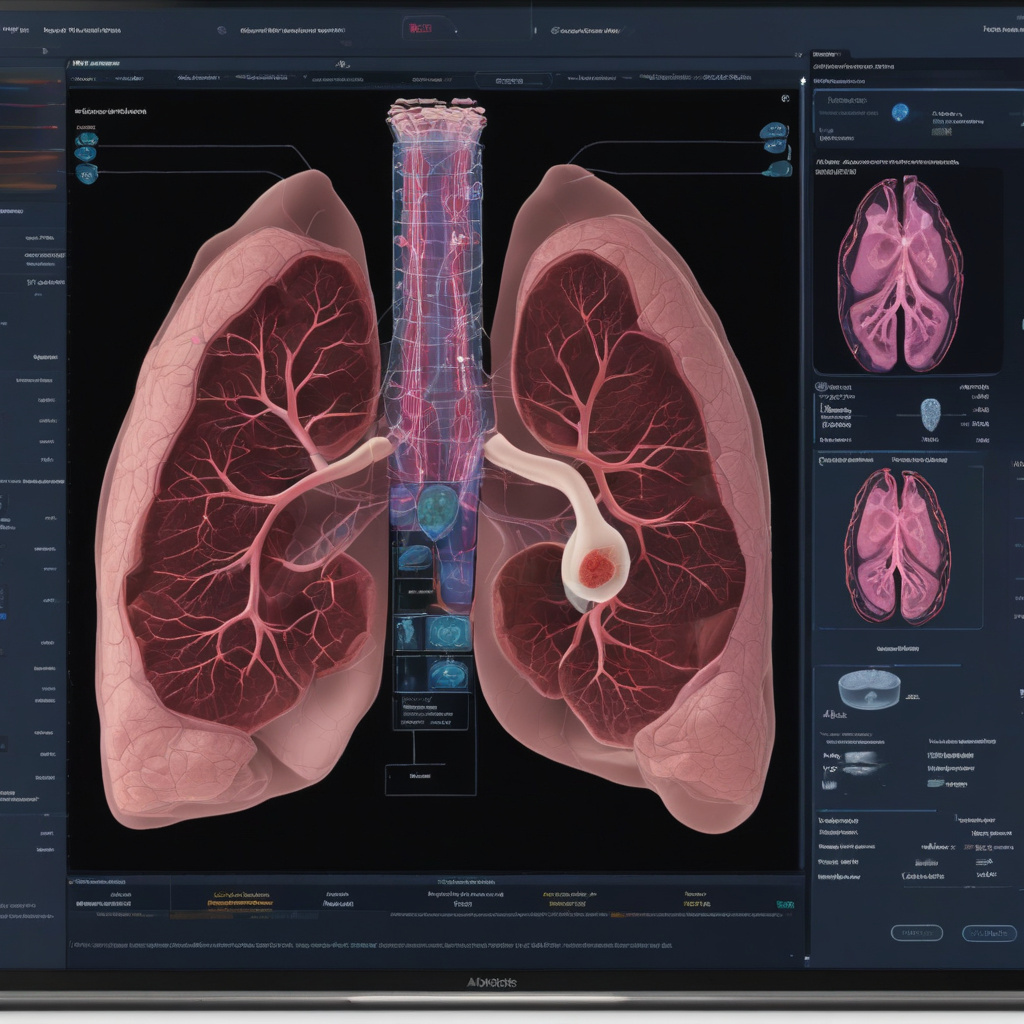AI Tool Aims to Improve Early Lung Cancer Detection
Early detection is crucial in the fight against lung cancer, one of the leading causes of cancer-related deaths worldwide. With advancements in technology, an AI algorithm has been developed to revolutionize early lung cancer detection. This tool, created using data from over 500,000 patients, shows promising results in identifying risks months earlier and potentially reducing late-stage diagnoses.
Lung cancer is often diagnosed at an advanced stage, leading to lower survival rates and limited treatment options. By leveraging artificial intelligence, researchers have been able to analyze vast amounts of patient data to identify patterns and markers that may indicate the presence of lung cancer at an early stage.
The AI algorithm works by examining various factors such as a patient’s medical history, lifestyle habits, and genetic predispositions. By comparing this information with the data from thousands of patients, the algorithm can detect subtle changes that may signal the presence of lung cancer, even before symptoms manifest.
One of the key advantages of this AI tool is its ability to provide personalized risk assessments. By taking into account individual differences and unique risk factors, the algorithm can tailor its recommendations to each patient, ensuring that those at higher risk receive the necessary follow-up and screening tests.
Moreover, the use of AI in early lung cancer detection can lead to more efficient and cost-effective screening programs. By targeting high-risk individuals and reducing unnecessary tests for low-risk patients, healthcare providers can optimize resources and ensure that those who need intervention receive it promptly.
In addition to improving early detection, the AI algorithm could also have a significant impact on lung cancer research. By analyzing data from a large and diverse patient population, researchers can gain valuable insights into the factors that contribute to the development and progression of lung cancer. This, in turn, can lead to the development of new treatment strategies and interventions that may improve outcomes for patients in the future.
While the use of AI in healthcare is still relatively new, the potential benefits for early lung cancer detection are clear. By harnessing the power of artificial intelligence and big data, researchers are paving the way for more accurate, timely, and personalized approaches to lung cancer screening and diagnosis.
As research in this field continues to evolve, it is crucial for healthcare providers and policymakers to stay informed about the latest advancements in AI technology. By embracing innovation and investing in cutting-edge tools like the AI algorithm for early lung cancer detection, we can make significant strides in improving outcomes for patients and reducing the burden of this deadly disease.
#AI, #lungcancer, #earlydetection, #artificialintelligence, #healthcarerevolution
